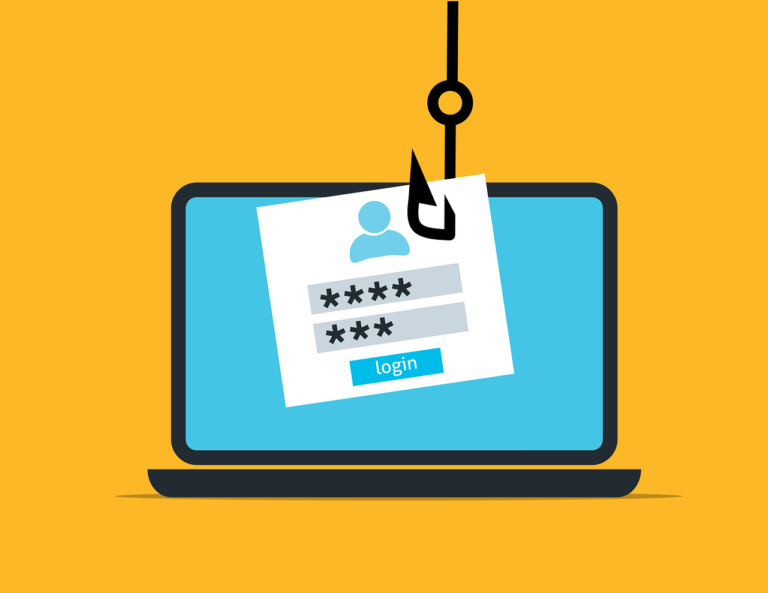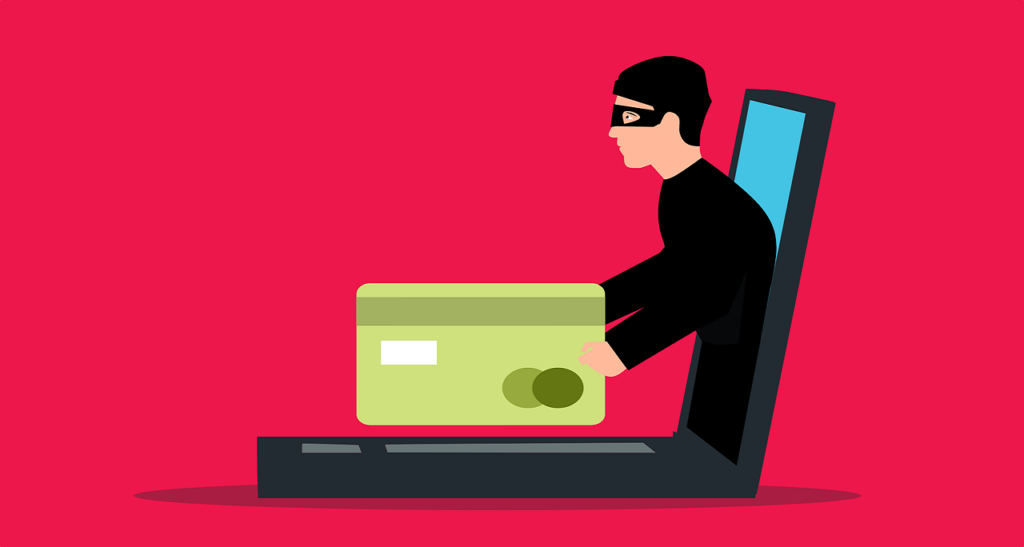What is credit card fraud?
According to the FBI, credit card fraud is the unauthorized use of a credit or debit card, or similar payment tool (ACH, EFT, recurring charge, etc.), to fraudulently obtain money or property. Credit and debit card numbers can be stolen from unsecured websites or can be obtained in an identity theft scheme.
These are some of the ways that fraudsters use to get your credit card information.
- Lost or stolen credit cards
- Skimming your credit card, such as at a gas station pump
- Hacking your computer
- Calling about fake prizes or wire transfers
- Phishing attempts, such as fake emails
- Looking over your shoulder at checkout
- Stealing your mail
In the recent past, credit card fraud has become rampant in most parts of the world. Let’s look at two the major reasons why this form of fraud is so widespread.
Poor authentication protocols
Usually, you need a 4-digit PIN to withdraw cash or carry out other financial transactions at an ATM, bank agent, or retail store. However, most credit systems do not require a PIN when paying for online services. All you need is the card number, the expiry date, and the 3-digit card verification value (CVV) for VISA, MasterCard, and Discover credit cards or the 4-digit credit identification number (CID) for American Express.
Notably, one does not need the physical card to complete online transactions – the three components are enough. Ergo, anyone who gets access to your card information can pay for goods and services without having your credit card.
This particular security flaw is the cornerstone of credit and debit card fraud. Every year hundreds of thousands of credit card information are published online and sold to criminals who use this information to purchase goods and services.
Lack of awareness
Since the onset of the COVID-19 pandemic, online transactions have increased significantly, which translates to increased use of credit cards to pay for goods and services. This presents a perfect opportunity for fraudsters, scammers, and hackers to steal credit card information from unsuspecting users.
While some websites and mobile apps have stringent security measures, many lack such security measures and can easily put customers’ credit card information in jeopardy. Customers who are not keen to avoid insecure websites may lose personal data to criminals.
How to protect your credit card information
Do not give you credit card information online unless the site is secure and reputable. You can check for a tiny lock at the top-left corner of the web address. The tiny lock indicates that the site is protected with a secure session layer (SSL) protocol, a technology for safeguarding an internet connection and protecting sensitive data like passwords and credit card information. The SSL does not provide 100 percent security. You might need to check whether the site is reputable.
Limit your risk to one account: Designate one credit card for all online purchases. This way, you avoid exposing multiple accounts to hackers. It also allows you to track your expenditure and check for any suspicious purchases. Be keen to enable purchase alerts for this credit card so that you can receive notifications whenever your card is used.
Avoid online purchases over public Wi-Fi hotspots: Cybercriminals target these hotspots to steal user information. It is difficult to determine whether a public Wi-Fi network is secure or not. Thus, your data may be compromised by criminals through sniffing – it involves monitoring and capturing all data packets transmitted over a particular network.
Remember to observe these security measures when making both small and big purchases. Losing your card information to fraudsters can put you in a complicated financial position. Never assume that the card company or the website has good security measures in place. Security starts with you.
Use strong passwords: Most websites allow you to save credit card information for future use. In the event your account is compromised, your credit card data may get into the hands of criminals. Therefore, you have to use strong and unique passwords to protect your profile. Furthermore, you might consider two-factor authentication (2FA) to safeguard your online accounts.

Share this article to help others!

